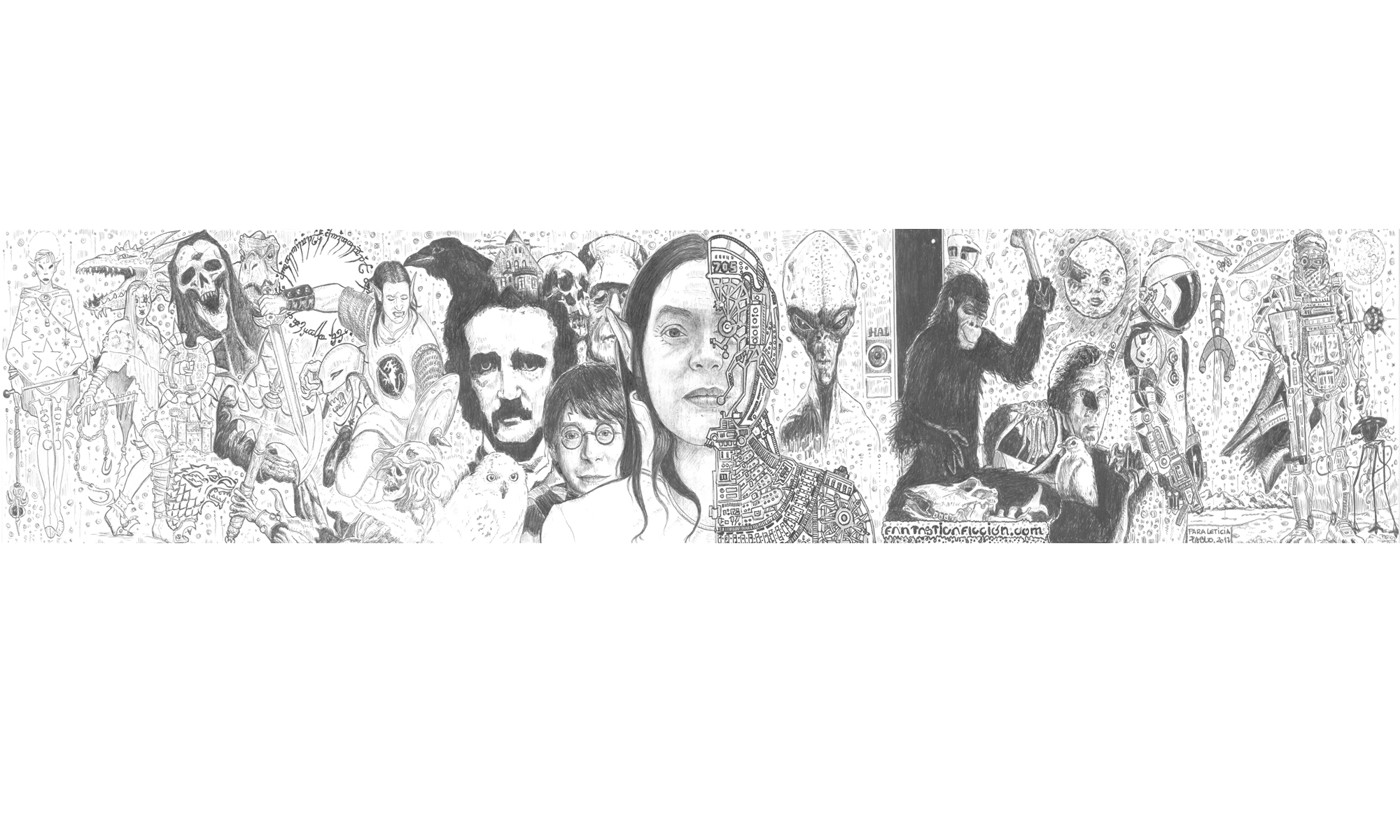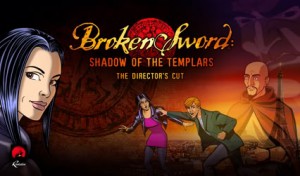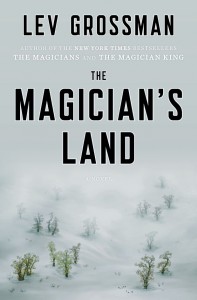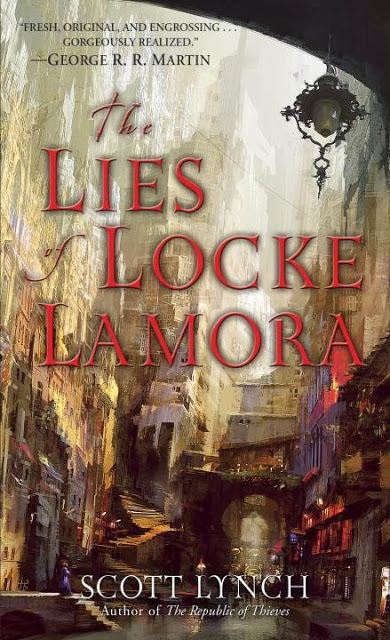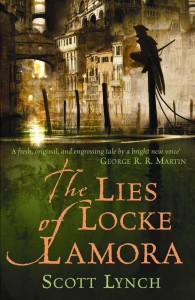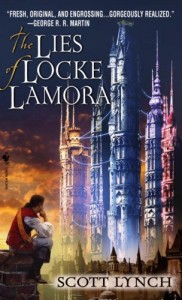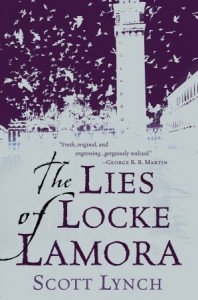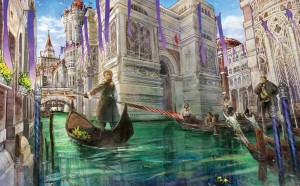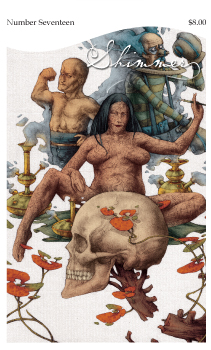 Solo durante el día de hoy, y como respuesta al Black Friday, el número 17 de la revista Shimmer está disponible para su descarga gratuita.
Solo durante el día de hoy, y como respuesta al Black Friday, el número 17 de la revista Shimmer está disponible para su descarga gratuita.
Aquí os pongo los contenidos:
The Mostly True Adventures of Assman & Foxy, de Katherine Sparrow
How Bunny Came to Be, de A. C. Wise
The Moon Bears, de Sarah Brooks
Sincerely, Your Psychic de Helena Bell
Out They Come, de Alex Dally MacFarlane
Love in the Time of Vivisection, de Sunny Moraine
Fishing, de Lavie Tidhar
98 Ianthe, de Robert N. Lee
The Desire of All Things, de Jordan Taylor
The Metaphor of the Lakes, de Yarrow Paisley
Romeo and Meatbox, de Alex Wilson
Like Feather, Like Bone, de Kristi DeMeester
Girl, With Coin, de Damien Angelica Walters
River, Dreaming, de Silvia Moreno Garcia
The Fairy Godmother, de Kim Neville
We Were Never Alone In Space, de Carmen Maria Machado
The Herdsman of the Dead, de Ada Hoffmann
